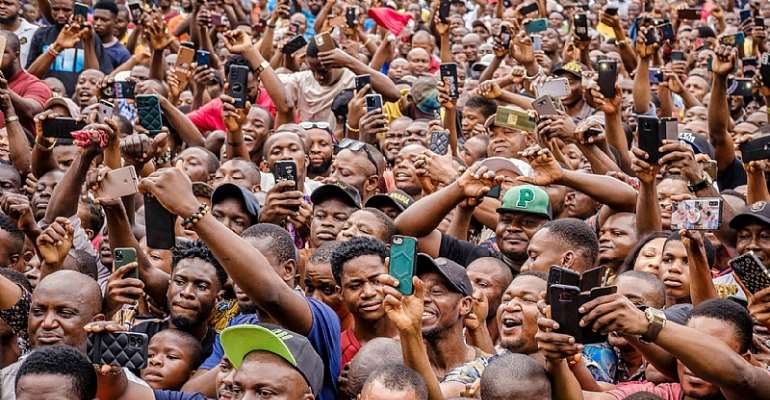Ghost Presidency: Unseen Realities and Uncharted Territories

In the vast landscape of our country’s politics, a phenomenon known as the "Ghost Presidency" has shrouded our secrecy and misinformation. This hidden reality reveals a complex web of power dynamics, raising concerns about transparency, accountability, and the overall democratic health of Nigeria.
In Nigeria, the phenomenon gained significant attention during the prolonged absence of President Umaru Musa Yar’Adua, who battled with a severe illness from 2009 until his unfortunate demise in 2010. The narrative also gained traction during the tenure of President Muhammadu Buhari, who was elected in 2015 and reelected in 2019. That President Buhari’s prolonged absences from public view and limited communication raised doubts about his ability to govern effectively.
During this period, we saw how power was effectively wielded by a small group of influential individuals, which led to governance challenges and a lack of clarity in decision-making. The “long” absence of our actively involved president had far-reaching consequences on governance and the people. Decision-making processes at some point became centralized, leaving little room for transparency and inclusive policy formation.
This situation further lead to power struggles and a concentration of power in the hands of a select few, called the “cabals”. Our country faced other numerous challenges, including economic instability, security threats, and social unrest, the absence of strong leadership exacerbated these issues, further fueling public frustration.
The lack of effective leadership at that point resulted in policy paralysis, bureaucratic inefficiency, and the inability to address pressing issues facing the nation. It is worthy to note and bring to the attention of incoming administrations that, one of the pillars of a healthy democracy is the concept of accountability.
In the absence of an active president, it becomes challenging for citizens to hold their government accountable for its policies and actions. This erosion of democratic accountability undermines the trust between the people and their elected representatives.
Also, this vulnerability can be exploited by external threats or internal actors seeking to undermine our nation’s stability. A lack of consistent leadership and decision-making in the security domain can have severe consequences for the safety and well-being of the Nigerian people.
The existence of a ghost presidency in Nigeria reveals a troubling reality in the past, one that challenges the democratic ideals upon which our nation was built. To safeguard the democratic process and promote stability, it is imperative for incoming administrations to address the underlying issues and take steps towards constitutional reforms, institutional strengthening, and greater transparency in Nigerian politics. Only through these measures can the ghost presidency be exorcised, allowing our beloved country Nigeria to move forward on a path of inclusive and accountable governance.
